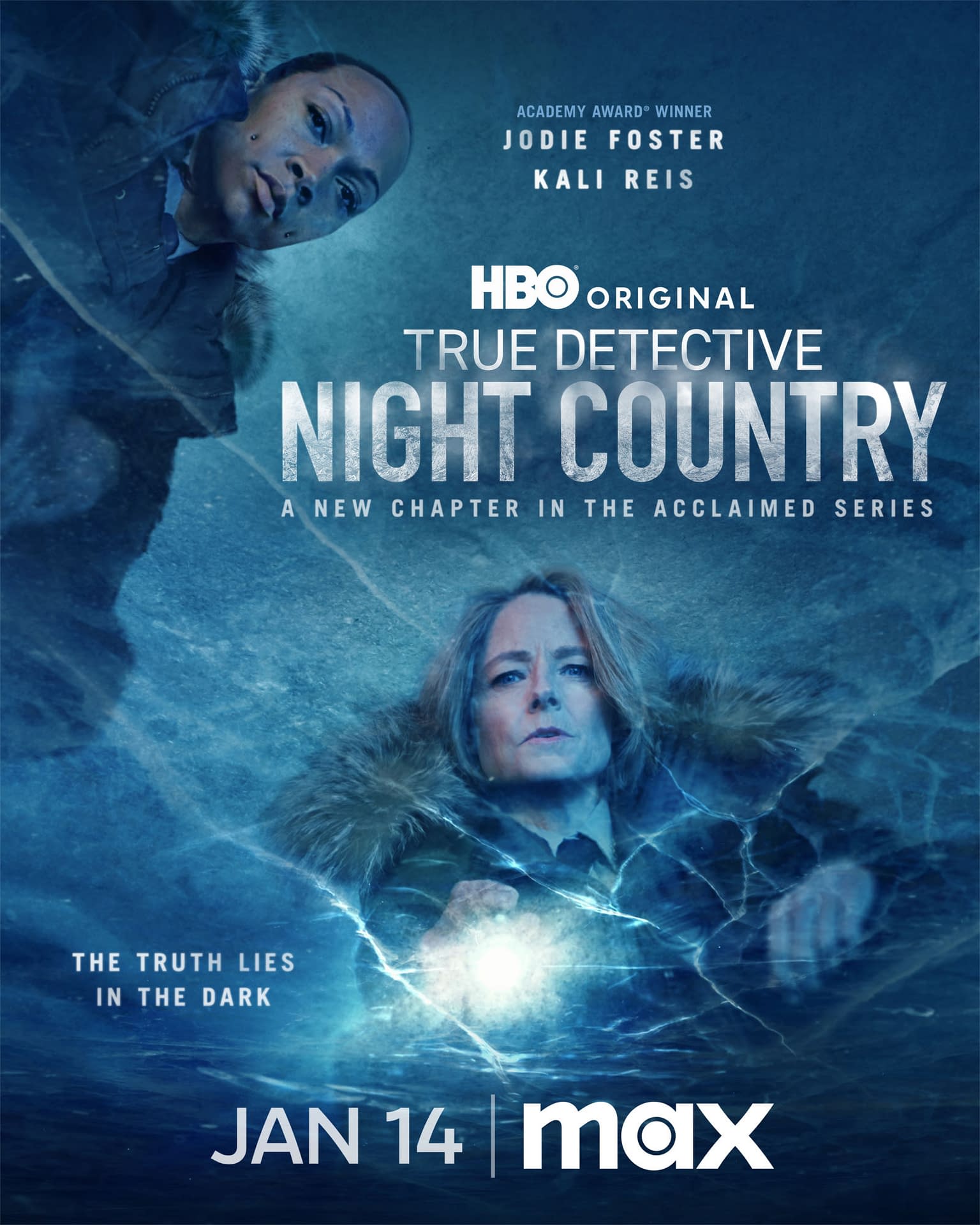The HBO series "True Detective" has engrossed audiences since its premiere in 2014. At its core, "True Detective" is not just a crime drama; it's a deeply woven story that delves into the psychology of its characters, morality, and existence itself. A critical factor in setting its tone and depth is the undeniable influence of Southern literature, imbuing the series with themes that are as dark as they are meaningful.


Drawing from the Southern Gothic tradition, "True Detective" explores themes of decline, disillusionment, and redemption amidst a backdrop of a hauntingly beautiful Southern setting. This genre, characterized by its complex characters, augments the show's plot with an atmosphere that is at once overbearing and captivating. The series' mastermind, Nic Pizzolatto, has confessed to the considerable impact Southern writers like William Faulkner and Flannery O'Connor have had on his work, incorporating their themes of existentialism and ethical dilemmas into the fabric of the series.
Additionally, "True Detective" employs the landscape of the American South not just as a backdrop but as a vital character, infusing the story with a sense of place that is almost palpable. About True Detective TV series This is a key feature of Southern literature, where the setting acts as a mirror for the internal struggles of its characters. From the swampy bayous of Louisiana to the forlorn towns that pepper the landscape, the South in "True Detective" is a land of beauty and degradation, mirroring the complexities of the human soul.


The structure and pacing of "True Detective," with its fragmented narrative, also echo aspects of Southern Gothic literature, producing a bewildering sense of mystery that drives the viewer to look deeper. Every scene is laden with symbolism, and the interactions regularly veers into the philosophical, probing the nature of evil, much like the literature it draws inspiration from.
In conclusion, "True Detective" is a string of masterful storytelling that showcases the profound influence Southern literature has on visual storytelling, creating a world that is as bewitching as the stories it aims to mirror. It remains a homage to the continued significance of regional storytelling in defining contemporary narratives.
